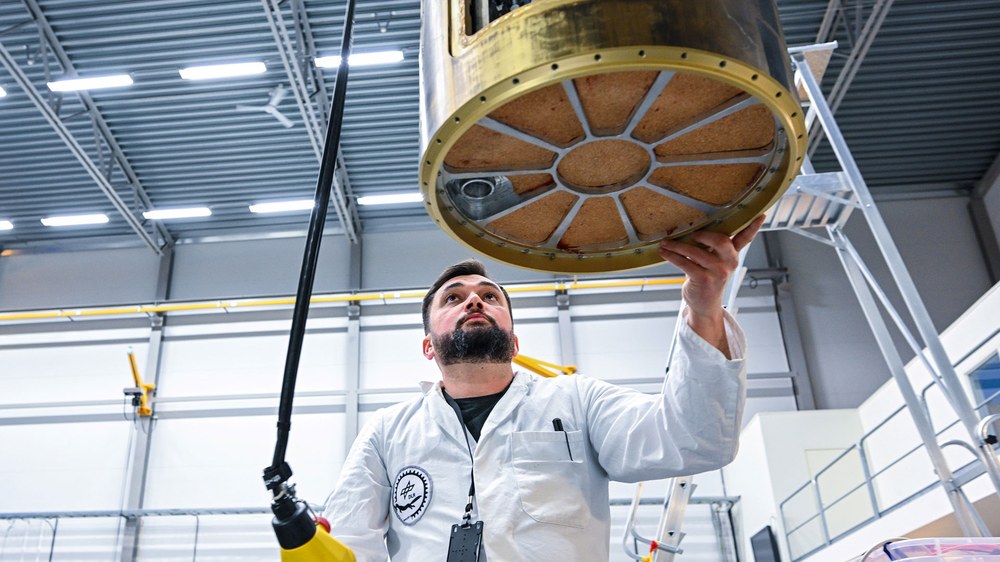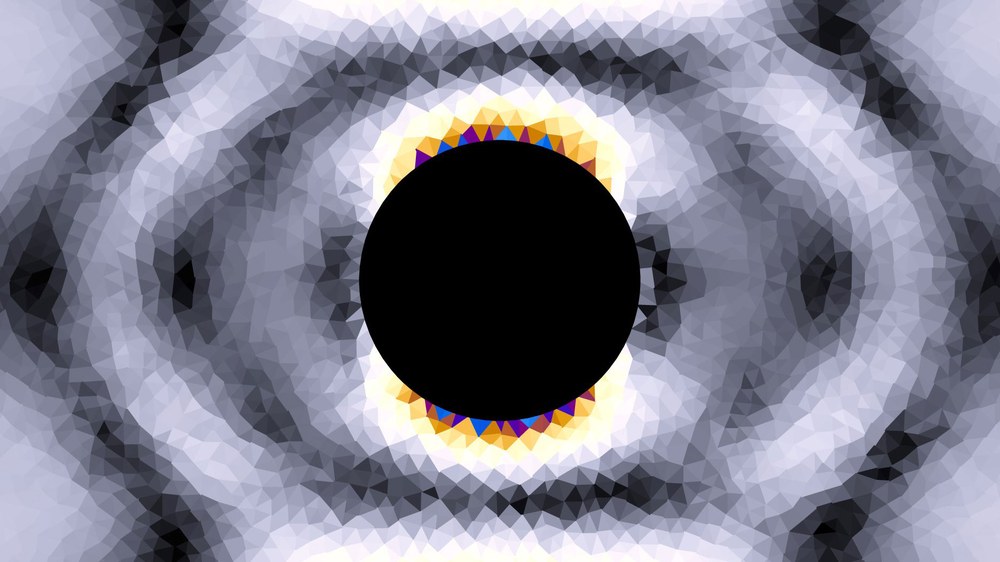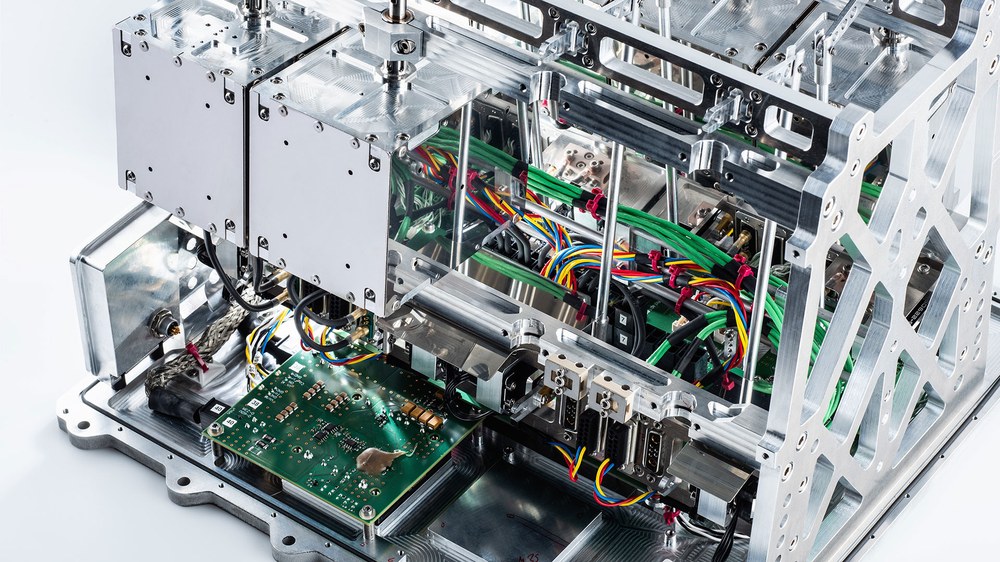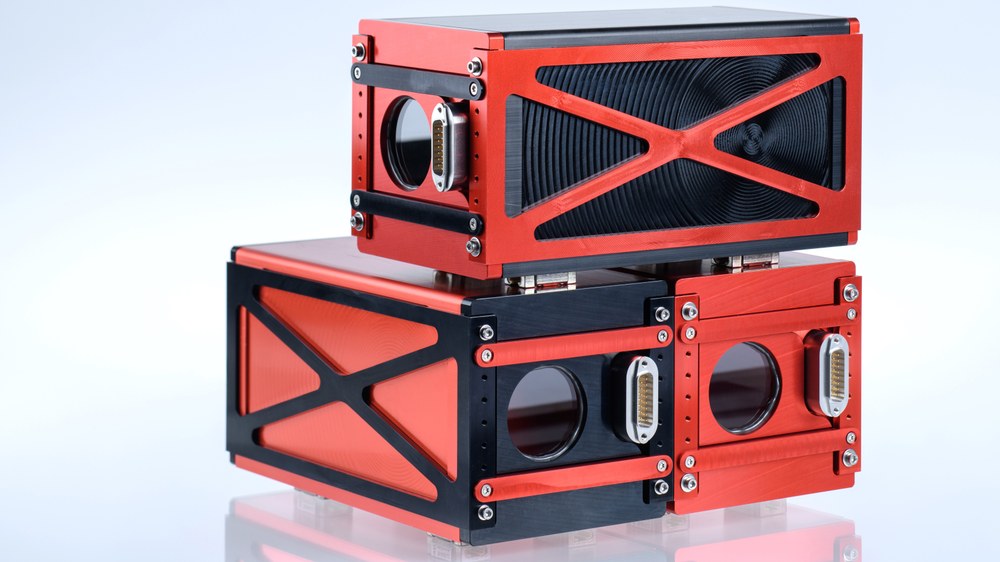Department Scientific Space Engineering



In the department Scientific Space Engineering we develop experiments for the investigation of materials relevant physical phenomena in weightlessness, build them, and support them with digital methods. Our main “flying lab” for experiments and technology demonstrations under space-flight conditions is the sounding rocket MAPHEUS. We also support all other platforms for materials science in weightlessness, such as drop towers, parabolic flights, and orbital platforms. An important in-house application is the research on soft and active matter as well as on complex fluids with biological relevance, where changes in gravitational environment dramatically modify the processes in the material. We connect research on soft matter with digital methods for the research in space.
Materials Science under Space Conditions
Gravity determines many physical processes, but also our intuition in how we design and develop materials and processes. Empirical laws based on experience on ground thus often fail in an environment where gravity changes or is absent altogether – such as in space missions, on the Moon or on Mars. Experiment platforms in free fall allow for research under weightlessness conditions and thus they allow important investigations of material behavior, fundamental mechanisms on the small scale as on large scales alike, and of how processes work in space.
Research Focus and Applications
The sounding rocket MAPHEUS is a central pillar for our research under space and weightlessness conditions. It offers a sweet spot in terms of a balance between available experiment time and accessibility. The harsh conditions imposed by a rocket flight – high launch acceleration, vibrations, space constraints, limited energy supply to name but a few – present a peculiar challenge for the construction of experiment modules on such rockets. In the department of Scientific Space Engineering we offer the expertise for the realization of experiments contributed from many diverse research areas in materials science and physics, especially for MAPHEUS, but also for drop towers, parabolic flight campaigns and further on to orbital platforms.

The one-stop shop for design and development joined with research – this is the MAPHEUS concept. For this, we perform frequent flight campaigns in the North of Sweden together with our DLR project partners, realizing about one rocket launch per year to an apogee of more than 260km. This enables over 6 minutes of weightlessness conditions for a growing number of experiments. Science on MAPHEUS is contributed by our institute, the DLR, our partners from universities and research centers world-wide, as well as from industry, with whom we jointly design flight hardware that we build in our own workshop. MOSAIC, our integrated platform for small experiment units in the CubeSat size format, pushes our NewSpace approach for the fast realization of space-flight experiments.
The workshop of the institute is the powerful connection between the science and engineering teams. Our specialized experts follow a flexible and adaptive style of work and have at their disposal a wide range of tools – from conventional lathe and milling machines to modern CNC units – to support the efficient and precise production of complex prototypes for demanding applications.
Digital and AI-based methods, from molecular dynamics simulations to finite-element models and numerical statistical physics, up to the control of autonomous rocket experiments, data collection and analysis, all are integral part of our research program. We complement the materials research activities of the institute with topics that specifically make use of the unique experiment capabilities around MAPHEUS: research on complex fluids and soft matter that allows us to understand materials-physics aspects of the gravity-dependence of relevant systems und space-flight conditions, forming a bridge between materials and life sciences.
Soft and active matter is a materials class that is ubiquitous in everyday life. These materials are characterized by complex structures on the micrometer scale, and thus excitations by thermal energy play a large role. Soft matter is “soft” because already small mechanical loads suffice to deform it; this leads to a fascinating wealth of phenomena in their flow behavior and to material properties that depend on the past processing history. These are the subject of study in the field of rheology. Active matter in addition is endowed with mechanisms that enable the microscopic entities of soft matter to be excited and controlled, paving the way towards materials that adapt to changes in environmental conditions and can be functionalized and programmed, as future materials especially for applications in space.
Key Expertise
Development and realization of flight hardware for many µg platforms
Experiments on the MAPHEUS sounding rocket
Miniaturization, digitalization, and automation of experiments
Workshop with CNC machines as a flexible interface between science and engineering
Numerical and experiment-based research on soft matter in weightlessness
Digital methods for rheology of soft matter with process-history dependent properties, AI-based computer simulations
